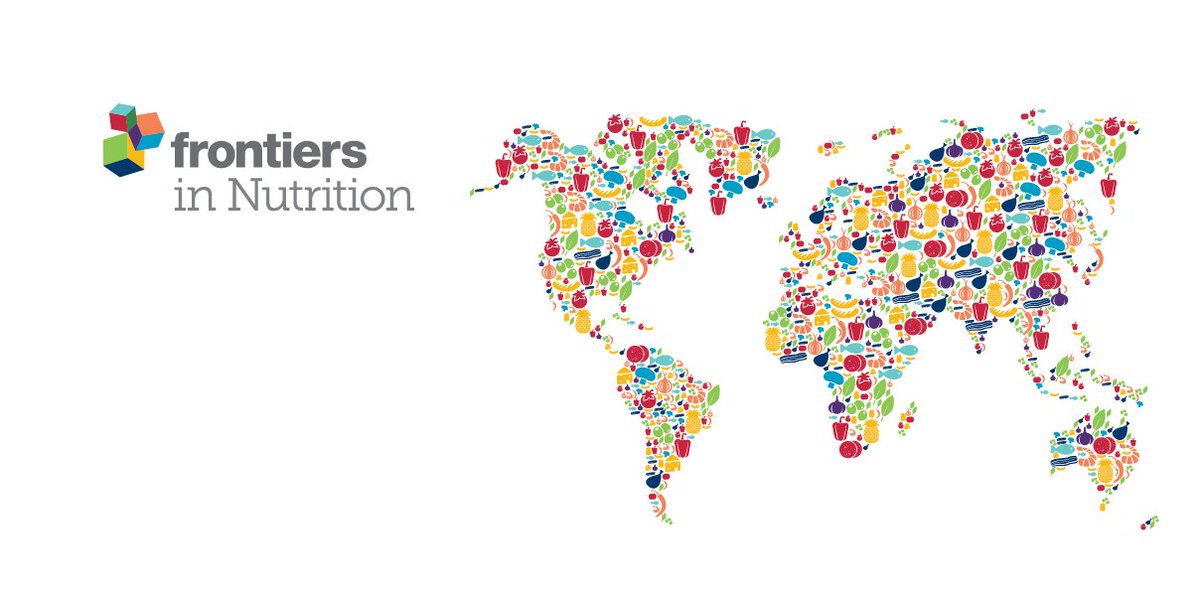
Ricerca & Innovazione > Contributi Scientifici
Ghidoli M., Colombo F., Sangiorgio S., Landoni M., Giupponi L., Nielsen E., Pilu R
Since in late 2019, when the coronavirus 2 (SARS‐CoV‐2) pathogen of coronavirus disease 2019 (COVID‐19) started to spread all over the world, causing the awful global pandemic we are still experiencing, an impressive number of biologists, infectious disease scientists, virologists, pharmacologists, molecular biologists, immunologists and other researchers working in laboratories of all the advanced countries focused their research on the setting up of biotechnological tools, namely vaccines and monoclonal antibodies, as well as of rational design of drugs for therapeutic approaches. While vaccines have been quickly obtained, no satisfactory anti-Covid-19 preventive or therapeutic approach has so far been discovered and approved. However, among the possible ways to achieve the goal of COVID-19 prevention or mitigation, there is one route, i.e. the diet, which until now has had little consideration. In fact, in the edible parts of plants supplying our food, there are a fair number of secondary metabolites mainly belonging to the large class of the flavonoids, endowed with antiviral or other health beneficial activities such as immunostimulating or anti-inflammatory action that could play a role in contributing to some extent to prevent or alleviate the viral infection and/or counteract the development of SARS induced by the novel coronavirus.
In this review, a number of bioactive phytochemicals, in particular flavonoids, proven to be capable of providing some degree of protection against COVID-19, are browsed, illustrating their beneficial properties and mechanisms of action as well as their distribution in cultivated plant species which supply food for the human diet. Furthermore, room is also given to information regarding the amount in food, the resistance to cooking processes, and, as a very important feature, the degree of bioavailability of these compounds. Concluding, remarks and perspectives for future studies aimed at increasing and improving knowledge and the possibility of using this natural complementary therapy to counteract COVID-19 and other viral pathologies are discussed.
